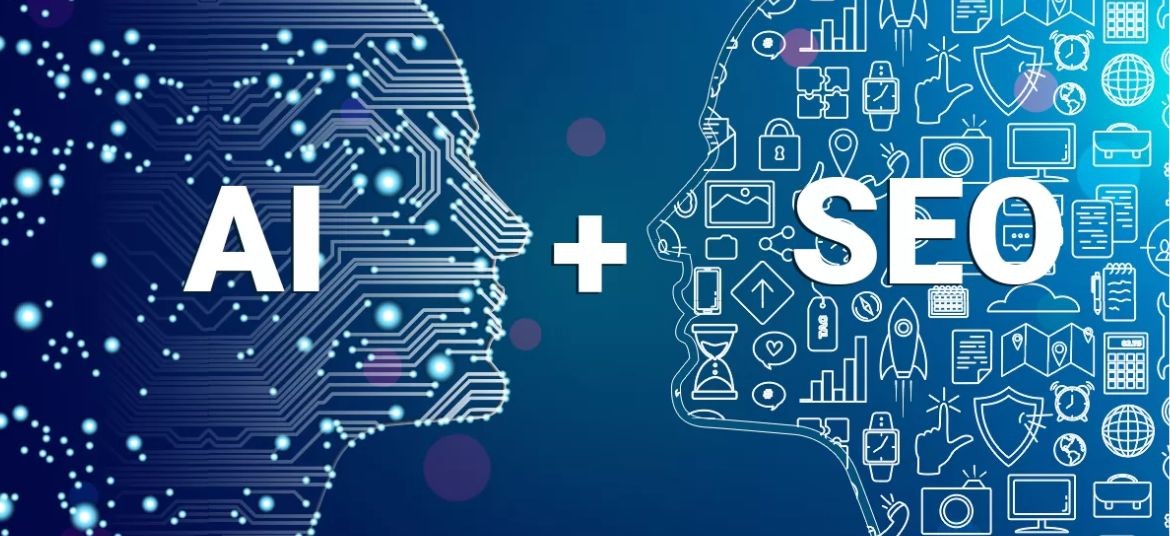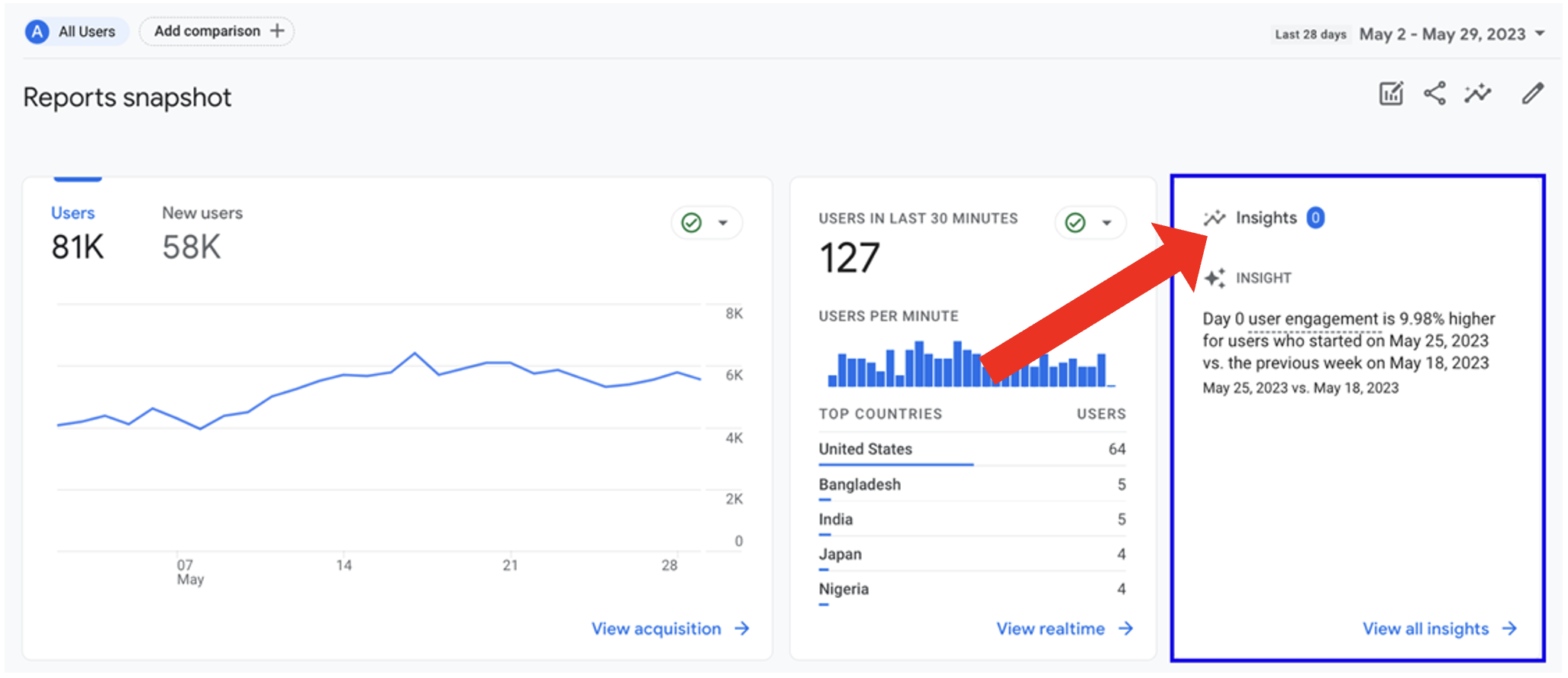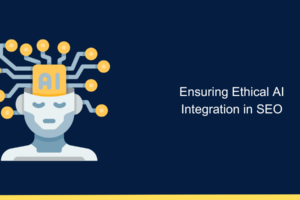
Unleash the Power of AI: 7 Strategies for SEO Success
Search Engine Optimization (SEO) has always been a dynamic field, evolving with advancements in technology and shifts in search engine algorithms. The use of artificial intelligence into SEO strategies represents the most recent development in this trend. It is changing how companies interact with customers, analyze data, and maximize their online presence. The different ways AI is transforming SEO are examined in this article, along with the implications for digital marketers.
How Artificial Intelligence Differs from Traditional SEO Techniques
Traditional SEO relies heavily on manual tasks, such as keyword research, backlink building, and content optimization. Artificial Intelligence, on the other hand, automates these processes, making them more efficient and accurate. AI tools can process vast amounts of data at high speed, providing insights that would be impossible for humans to achieve manually.
AI-Powered Tools and Techniques in SEO
Keyword Research and Optimization
Artificial Intelligence excels at identifying emerging topics and market gaps through advanced data analysis. This allows for the creation of highly relevant, targeted content. AI-powered tools like Insights streamline SEO assessments, finding patterns and determining the value of targeting specific keywords. AI has multiple applications:
- Identifying which keywords to target for universal results: It can analyze search trends and user behavior to determine which keywords will drive the most traffic.
- Discerning between what keywords best fit different pages: It helps in mapping the right keywords to the most relevant pages, ensuring each page targets specific search intents.
- Pinpointing what actions need to be taken to rank for a given keyword: AI tools can suggest specific SEO actions like content adjustments, backlink building, or technical fixes to improve keyword rankings.

Topic Analysis
Artificial Intelligence, such as Google’s Search Generative Experiences, goes beyond simple keyword matching. It clusters keywords and identifies nuances to tailor content for the desired audience. Generative AI like Copilot analyzes large keyword datasets, reducing the workload to demonstrate expertise and trustworthiness. For content creators that rely on SEO for their work, AI can be useful in:
- Connecting related concepts a user may be looking to a primary topic: It can help identify and integrate related concepts into the primary content to make it more comprehensive and relevant.
- Identifying sub-topics that have rising interests: AI tools can track trends and suggest new sub-topics that are gaining popularity, ensuring the content stays current and engaging.
- Generating first draft blog posts that adhere to SEO guidelines: AI can produce initial drafts that are optimized for SEO, saving time and ensuring the content meets the necessary standards.
Refreshing and Leveraging Content
Updating content can be daunting, but 40% of SEO professionals use AI for support. Tools like Copilot refine titles and descriptions based on current search behaviors. This reduces manual work and ensures optimal keyword targeting. AI can assist in:
- Automatically updating content: AI can continuously monitor content performance and make adjustments to keep it relevant.
- Enhancing meta tags: AI tools can optimize meta titles and descriptions to align with current search trends and behaviors.
- Re-optimizing content: AI can suggest changes to content structure, keyword usage, and other SEO elements to improve search engine rankings.
Embracing Automation for Efficiency
AI in SEO signifies a move towards automation. A 2023 survey showed high interest in AI for productivity. Automating repetitive tasks frees up time for strategic work and reduces human error. Tools like Autopilot create and recalibrate content clusters based on evolving search behaviors. AI can assist in:
- Automating content clustering: AI can group related content automatically, ensuring it remains relevant as search behaviors change.
- Streamlining repetitive tasks: AI can handle tasks like keyword tracking, performance reporting, and backlink analysis, allowing SEO professionals to focus on strategy.
- Minimizing human error: By automating routine SEO tasks, AI reduces the risk of mistakes and ensures consistency in execution.

AI in Data Analysis and Insights
Predictive Analytics
AI-powered predictive analytics can forecast SEO trends and potential outcomes based on historical data. This allows marketers to make data-driven decisions and anticipate changes in search engine algorithms or user behavior.

Competitor Analysis
AI tools can analyze competitors’ websites to identify their strengths and weaknesses. This includes analyzing their backlink profiles, content strategies, and keyword rankings. Such insights help businesses develop more effective SEO strategies to outperform their competitors.
User Experience (UX) and Personalization
AI can enhance UX by personalizing content and recommendations based on user behavior and preferences. For example, AI algorithms can analyze user interactions to suggest relevant products or articles, improving engagement and conversion rates.
The Impact of AI on Local SEO
Improved Local Search Results
AI is enhancing local SEO by providing more accurate and relevant search results based on the user’s location and search intent. AI algorithms consider factors like proximity, business hours, and customer reviews to rank local businesses more effectively.
Voice Search Optimization
With the rise of voice-activated assistants like Siri, Alexa, and Google Assistant, optimizing for voice search has become crucial. AI plays a significant role in understanding natural language queries and providing precise answers. This has led to changes in SEO strategies, emphasizing long-tail keywords and conversational phrases.

Ethical Considerations and Challenges
Data Privacy and Security
The use of AI in SEO raises concerns about data privacy and security. Collecting and analyzing vast amounts of user data can lead to potential breaches and misuse of information. Marketers must ensure they adhere to data protection regulations and implement robust security measures.
Algorithm Bias and Fairness
AI algorithms can sometimes exhibit bias, leading to unfair search results and rankings. It is essential to monitor and address any biases in AI systems to ensure fair and unbiased SEO practices.
The Future of AI in SEO
Continuous Evolution of Search Algorithms
Search engines will continue to evolve, incorporating more advanced AI and machine learning technologies. This will lead to more sophisticated and accurate search results, requiring SEO professionals to stay updated with the latest trends and techniques.
Integration with Other Technologies
AI will increasingly integrate with other technologies like augmented reality (AR), virtual reality (VR), and the Internet of Things (IoT). This integration will open new avenues for SEO, such as optimizing for AR/VR content and IoT search capabilities.

Human-AI Collaboration
The future of SEO will likely involve a combination of human expertise and AI capabilities. While AI can handle data analysis and automation, human creativity and strategic thinking will remain crucial in developing and executing effective SEO strategies.
Conclusion
Artificial Intelligence is revolutionizing the field of SEO, offering new tools and techniques that enhance efficiency and effectiveness. From keyword research and content creation to data analysis and user experience, AI is transforming every aspect of SEO. As AI continues to evolve, it will bring new opportunities and challenges, requiring SEO professionals to adapt and innovate continuously. Embracing AI in SEO will be essential for staying competitive in the digital landscape and achieving long-term success.
Tag:AI in SEO, Algorithm Bias, Artificial Intelligence, Automation, Competitor Analysis, Content Optimization, Data Analysis, Data Privacy, Digital Marketing, Digital Transformation, Future of SEO, Keyword Research, Local SEO, Machine Learning, Predictive Analytics, Search Engine Algorithms, SEO, SEO Strategies, User Experience, Voice Search


